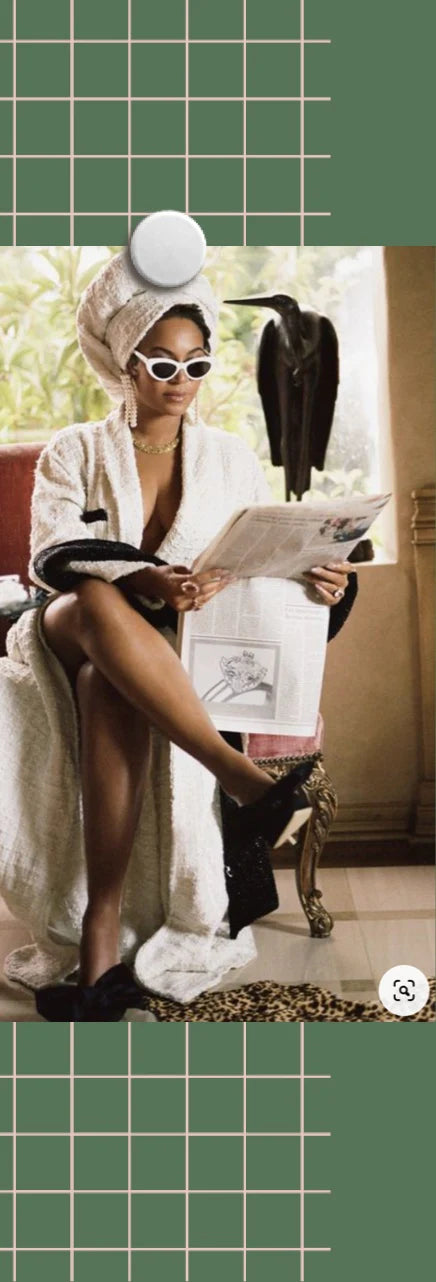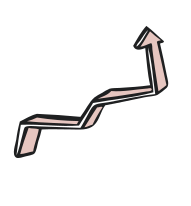







NZ Herald - Fund manager on what to do when the markets drop
Fund manager and part-time wealth guru Victoria Harris explains why it is best to sit back and do nothing with your investments when the sharemarket takes a turn, and why she spends her free time working on a side hustle to better equip women with investment skills.
What does your business do?
The Curve is essentially an investment platform particularly designed for women to learn about investing. I've been in the finance industry for nearly 12 years and I noticed a lot of women struggling when it comes to their finances or their confidence when it comes to investing, and there was no place to go to start an investing journey or to learn from the bottom up. We created The Curve about 18 months ago to provide a safe space to learn. We don't use any jargon or complicated graphs, we break it down simply.
For some reason, finance and investing have been seen to be this exclusive club that you almost have to have money to begin investing, whereas we are aiming to peel that back and encourage anyone to start and present people with the tools and knowledge to help.
We provide a range of free and paid educational content; we have a successful podcast called Raising The Curve, we have an online course, we post on social media and through our website and send out emails about what is going on in the market and run corporate workshops. We used to have events and they will return soon after being paused due to Covid.
What was the motivation for starting it?
We started The Curve at the end of 2020. I had an increasing number of friends and family members, particularly women, coming up to me going 'Hey Vic, can you sit down with me for five minutes, I've got a bit of money' or 'Hey, I really want to start investing but I don't know where to start'. I was more than happy to sit down and have a coffee with them to break things down, but then I thought 'Hang on a sec, if there are this many friends of mine interested then there must be so many other women who have no expert to ask those questions', and so it was an idea to start this was about 12 months before launch.
The rise of platforms like Sharesies, opening up the investing conversation and bringing investing to everybody and not just people with a significant amount of savings, has really helped broaden the discussion. Also the chatter around the markets when Covid hit got us thinking now was the time to get something going.
What's your background?
I have been in fund management for 12 years. I've worked at some top fund managers in New Zealand, such as Milford Asset Management, Pie Funds and I'm actually employed full-time at Devon Funds - I'm a portfolio manager, and I run The Curve in my spare time.
How does The Curve make money?
We are making money. Most of our revenue is from sponsorship deals - the podcasts are sponsored - and therefore that allows us to deliver it free of charge to our community. We charge for our online courses and the corporate workshops. We also have a product now - the planner - which sells for $50, which we hope will flip investing on its head and make learning about finance fun and not boring or overwhelming.
How was the business funded?
The biggest investment would be our time; creating the content. We're lucky we've been able to grow the business without too much capital, but we are looking for an investor.
Where do you see The Curve in three to five years' time?
I just hope we reach more and more women. We've got a presence in New Zealand now, an increasing presence in Australia and the UK, and I think the more relative content we can deliver in different ways will resonate and help us grow our audience. The Curve offers universal information, so I think it can translate to a broader audience aside from just New Zealand. We want to keep expanding our offering. We've been in touch with a few people in Australia and the UK, where we are looking to expand to next. We're also about to going into schools to advocate that the earlier you learn this stuff the better.
What advice do you have for people panicking about the sharemarket declines and the current bear-run cycle?
As hard as it sounds, try not to get emotionally caught up and try not to do anything irrational - or better yet, try not to do anything. This is part and parcel of investing - it is normal, we have been here before and we have survived. Stock markets do go up and down and people tend to forget that. This will be short-lived.
There is a real worry about a recession but again, markets move in cycles and there will always be these times when it is not as rosy as it has been. The stock market is like a professional athlete - it does need to take a breather every now and then, and this is just a breather that it is taking. Bear markets, which is what we are in at the moment whereby prices are falling, they have an average length of nine months; we are six months in now.
Bull markets, which are when prices are rising, have an average of three years so they are much longer, so this downturn will be short-lived. It is part and parcel of investing unfortunately; that's why it is high-risk but also high-return, you need to take that long-term view. Your losses are only losses on a screen - it is not until you actually do something that is when your losses become a reality. As hard as it might sound, sit back and relax.
What advice do you give to others thinking about starting their own business?
Just do it. I know it sounds easy but I was toying around with this idea for a good 12 months or so and now I've done it I'm kicking myself that I didn't do it sooner. There's the tall poppy syndrome in New Zealand but there is also a lot of support and people wanting you to succeed.


